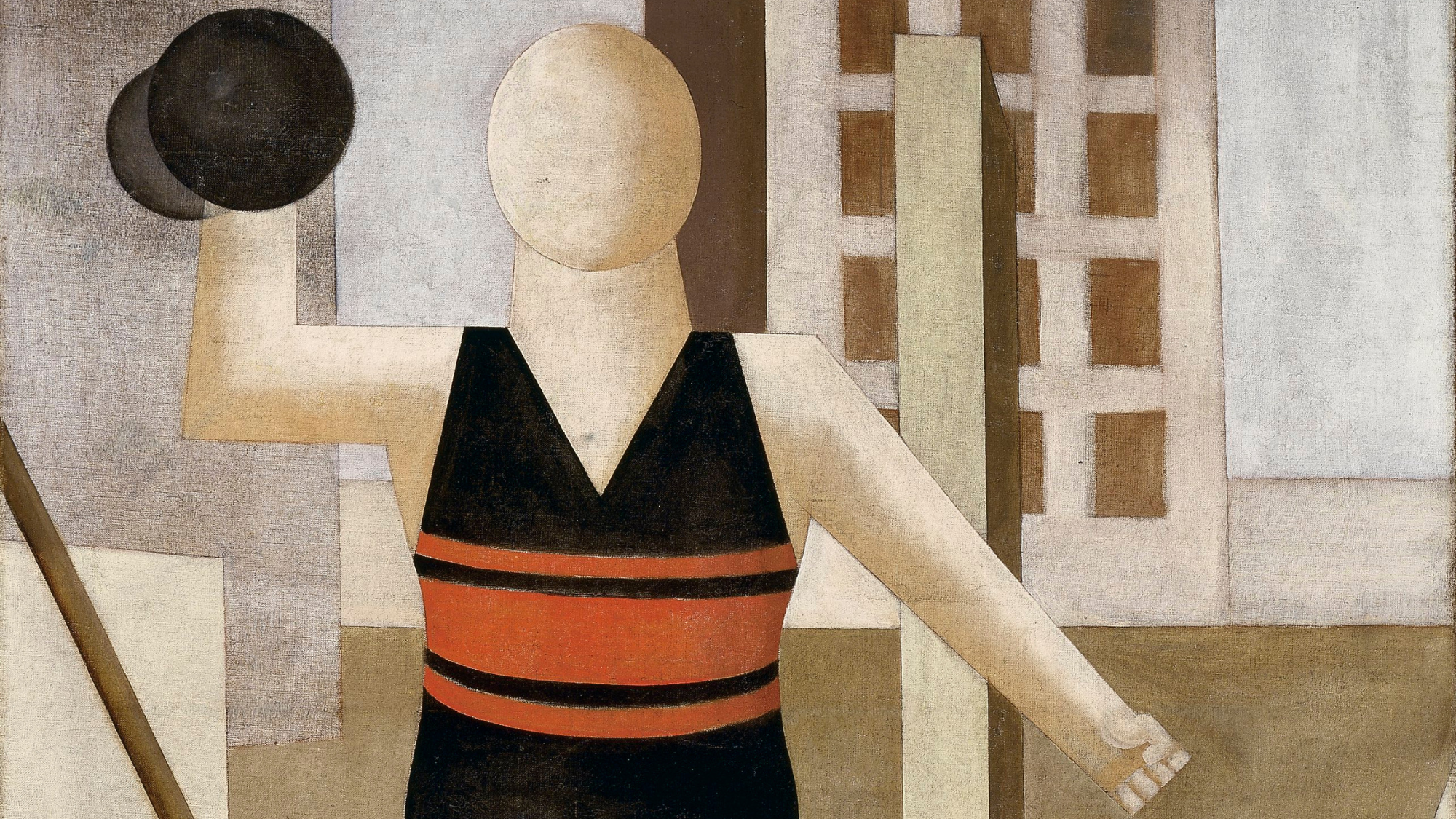Paris 1924: Sport, Art and the Body – a 'riveting' show
A century after the last Paris Olympics, the 'invigorating' exhibition explores the artistic legacy of the Games

A free daily email with the biggest news stories of the day – and the best features from TheWeek.com
You are now subscribed
Your newsletter sign-up was successful
As athletes from around the world gather in Paris for the 2024 Summer Olympics, the Fitzwilliam is staging a show that explores the artistic legacy of the Games the last time they were held in the French capital, exactly a century ago, said Laura Freeman in The Times.
Back in 1924, Paris was the undisputed "artistic centre of Europe, if not the world", and "for every athlete leaping further, hurdling higher and fighting tougher than any man or woman" ever had before, "there was an avant-garde artist breaking the boundaries... and every painterly rule in the book" – often using sport as their inspiration.
The exhibition brings together paintings, sculptures and photographs, as well as archival films and fascinating ephemera to show how the 1924 Games engendered a remarkable meeting of traditional athletics and the European avant-garde, and helped to construct a new vision of modernity.
The Week
Escape your echo chamber. Get the facts behind the news, plus analysis from multiple perspectives.

Sign up for The Week's Free Newsletters
From our morning news briefing to a weekly Good News Newsletter, get the best of The Week delivered directly to your inbox.
From our morning news briefing to a weekly Good News Newsletter, get the best of The Week delivered directly to your inbox.
The show contains some "invigorating, memorable moments", said Alastair Sooke in The Daily Telegraph: the sections devoted to social history, covering topics such as sport and gender, are particularly strong. Elsewhere, a number of "decent" pieces demonstrate the intertwined relationship between sport and modern art, notably Umberto Boccioni's "famous" 1913 futurist figure: "supposedly inspired by a scurrying footballer, it looks like a burning faun, sprinting in agony".
We are also reminded that there was an Olympic category for art between 1912 and 1948 – but two canvases by the 1924 gold-medal winner Jean Jacoby are disappointingly "insipid", and the same is alas true for a number of works on display here. Some exhibits "feel slight and scrappy"; while the memorabilia relating to the University of Cambridge athletes who competed – among them the sprinter Harold Abrahams – seems rather "parochial".
I found the show "riveting", said Laura Cumming in The Observer, not least because it highlights the stories of some remarkable individuals. A "fierce" bronze sculpture by Renée Sintenis depicts the Finnish runner Paavo Nurmi, who was born into poverty and left school at 12, but "was so gifted he won five gold medals in 1924". Then there is a photograph of Lucy Morton, the Blackpool-raised daughter of a groom, "surging up for air" in the final moments of the 200m breaststroke, in which she took gold. Ten thousand people lined the streets to greet her when she went home.
And the exhibition "fizzes with surprises": one moment, you might be looking at Alexander Calder's wire sculpture of the American tennis player Helen Wills; the next, a steel-ridged boot that belonged to the great Uruguayan footballer José Leandro Andrade; or extraordinary paintings of figures in motion by the likes of Picasso and Robert Delaunay. These are just a few high points in an exhibition that is "a revelation from first to last".
A free daily email with the biggest news stories of the day – and the best features from TheWeek.com
Fitzwilliam Museum, Cambridge. Until 3 November